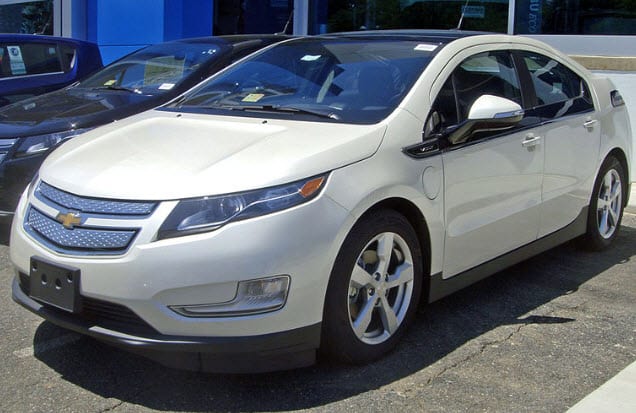
Hydrogen fuel cells may be the future of mobile devices
March 8, 2013Intelligent Energy aims to bring hydrogen fuel cells to mobile devices
Intelligent Energy, a leading energy company with a strong focus on hydrogen fuel cells, has announced its collaboration with Cable & Wireless Communications, a British multi-national telecommunications company. Through the partnership, the two companies will work together to test a new line of personal energy devices that are powered by hydrogen fuel cells developed by Intelligent Energy. These devices will be used to power various types of mobile devices throughout Cable & Wireless Communications’ consumer base.
Fuel cells gaining acclaim beyond the auto industry
Hydrogen fuel cells have long been a focus of the auto industry, with many automakers favoring the energy systems for a new generation of emissions-free electric vehicles. Beyond the auto industry, fuel cells have been attracting a great deal of attention from telecommunications companies all over the world. Stationary fuel cells have been cited as a boon for upgrading telecommunications networks as they provide large amount of electrical power and can operate as ideal back-up power solutions. Fuel cell technology is progressing rapidly, and like other forms of technology, fuel cells are becoming smaller as a result, which opens up new possibilities in the mobile space.
Fuel cells used to power mobile devices
Intelligent Energy is currently developing a new generation of hydrogen fuel cells that can be used to power mobile devices like smartphones and tablets. These fuel cells would, theoretically, replace the lithium-ion batteries that are used in most of the world’s mobile devices. Intelligent Energy suggests that fuel cells could exponentially increase the operating life of mobile devices and provide consumers with more flexibility in how they use their devices, and for how long.
Hydrogen fuel cells may be a replacement for lithium-ion batteries in the mobile space
Intelligent Energy suggests that information from the consumer electronics industry does not point to the rapid development and incorporation of energy efficient mobile devices or significant improvements to small scale lithium-ion batteries. Fuel cells may be more than capable of picking up the slack, as the technology to make efficient, mobile fuel cell systems has existed for several years now. The only barrier is commercializing these hydrogen fuel cells and making them widely available to the telecommunications industry.



 With over 15 years of reporting hydrogen news, we are your premier source for the latest updates and insights in hydrogen and renewable energy.
With over 15 years of reporting hydrogen news, we are your premier source for the latest updates and insights in hydrogen and renewable energy.